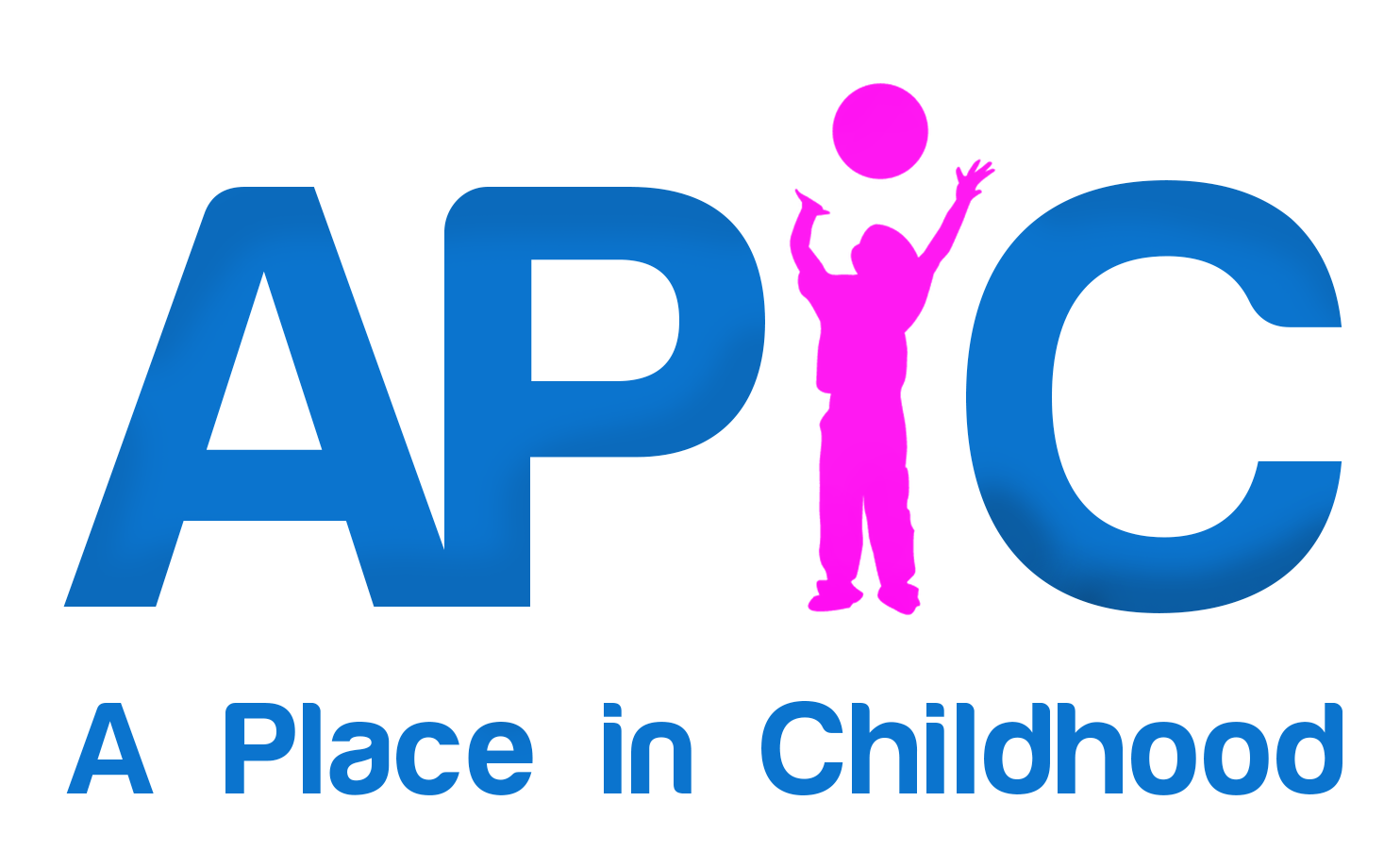
Twitter: @seanpeacock_
LinkedIn: https://www.linkedin.com/in/peacocksean/
It’s coming up to a year since I first joined APiC as a new board member. I’ve seen our charity go from strength to strength, leading some exciting projects and growing our team of talented and committed individuals. But we are living through turbulent times. COVID-19 has tragically taken many lives, and the pandemic has changed daily life beyond recognition for people across the world. Life has slowed down, and for some, gone on pause altogether.
I’ve tried to look at the positives of spending 23 to 24 hours a day at home for the past couple of weeks. As someone who loves spending time outdoors, it’s been hard. But it’s given me valuable time and space to reflect, and made me realise how much we all take our freedom for granted. Through APiC, I’ve been proud to champion the rights of children to play without fear, participate in decisions that affect them, and enjoy unrestricted access to high-quality spaces.
My journey to APiC started a long while ago. I’ve always had an interest in places and people. Growing up, while some people liked to come up with fairy stories, I used to dream up imaginary worlds. I’d visualise what these would look like: the buildings, the street layouts, and everything that connected them; maps so precise that I could have given it to a city planner to build!
Looking back, I was heavily influenced by my childhood environment. I grew up in a small town in the North East of England, surrounded by buildings and very little green space. Our estate was very suburban – pebble “gardens”, tarmac and multiple-car households. To exemplify this, one of my more vivid memories was our local council demanding that we cut down trees in our front garden, as they were causing an obstruction in the road (of our cul-de-sac).
We had to drive to access most things, while the nearest park was a long walk and involved crossing several busy roads. While it was pretty, it wasn’t all that fun or welcoming for teenagers. My friends and I ended up hanging out in lots of different places instead – bandstands, quaysides, playgrounds, and outside the town hall. We tried to call these places our own, but we knew they weren’t. So, we began hunting out places where people couldn’t tell us not to be there – hidden, neglected, wild, tree-dense green spaces. Ironically, ones that you couldn’t find on a map.
Even then, I thought that we deserved better, and wanted to change things. But I didn’t know that there was such a thing as planning until a university open day, when I decided that this would be what I’d study. A career where you’d be responsible for fixing these mistakes and creating better places for future generations.
My degree led me to two very different planning roles. The first was working at Transport for London, in a Westminster skyscraper, looking at how planning applications affected communities. My second was working in England’s sparsest county, Northumberland, protecting the beautiful border county for the enjoyment of future generations. These two locations couldn’t be more different, but what linked them was my ability to serve the public interest and improve access to high-quality natural and urban spaces.
What frustrated me about these roles was that I didn’t meet a single young person in either of them. Ridiculous, really, given that young people rely on public transport the most, and the purpose of planning is to create better places for the future. But I had worked with young people during my degree, in student recruitment (telling young people, whatever their background, that they were good enough to apply to university) and designing a toolkit to help secondary school teachers talk to their students about planning. I knew they were capable, passionate and their voices deserved to be heard – despite what the media might portray on the contrary.
I enrolled for a PhD to tackle this challenge. I wanted to research how we might be able to make better places for children and young people – but, as the experts in their own experience, how they could do this on their terms. My PhD has involved working in primary schools and youth councils, with groups aged 8-18 years old, trying to understand which tools we can provide to enable them to reclaim a stake in their city and their futures.
In my PhD, I’ve tried using and designing digital technologies, developed a new toolkit for child-led investigations of the environment, and supported teenagers taking charge of cleaning up their city. As I write this, I’m about to start analysing my research data and writing up my findings.
I joined APiC with the drive to put these ideas into action in projects beyond my academic research, and I’m pleased to be doing just that. Although COVID-19 might mean us working differently and children and young people having even more restrictions on their movements, it doesn’t stop us from having the same drive to make better places for them, and working tirelessly to ensure their voices are heard loud and clear. Maybe our post-COVID-19-future could be more equitable for us all.
